The following are tools and resources I personally use to keep my mental health on an even keel. This list will grow and change over time, both as I continue my own growth and as I remember tools that have been important to me over my 50+ years' work on myself.
Resources
-

Insight Timer App
Insight Timer app contains 210,000+ guided meditations, courses, events, and music tracks from 17,000+ teachers around the world. There is a great deal of free content, and additional content becomes available if you choose to pay for “Plus” content (I haven’t needed to do so). My favorite tracks for sleep are Jennifer Piercy’s yoga nidra recordings to help with sleep. I’m constantly trying out new recordings here, so watch for more recommendations!
-

Specific Insight Timer tracks
Some specific tracks I enjoy:
“For First Responders on the Drive Home From Work”: I’m not a first responder, but my nervous system does get activated as part of my work, and this recording helps me end my work day and transition to home. I recommend this track and others for anyone seeking a ritual for that transition.
“Color Breath Meditation”: a guide for noticing your body and experimenting with moving sensations around via breath work.
“Trauma-Sensitive 54321 Grounding Exercise”: this is an easy exercise to do on one’s own to get grounded, but it’s also nice to be led through it.
-

Betwixt App
The Betwixt app is a choose-your-own-adventure experience that gives the user a sensually beautiful opportunity to get to know oneself in a new way. This app was developed using psychological principles woven into storytelling and game play that, should you be interested, are explained after each “chapter” is completed. It is gorgeously presented, it is effective, and, according to their website, can lead to reductions in anxiety stress. “Unlike most mental health apps, Betwixt is backed by rigorous research. An independent study (pending publication) found that playing for two weeks can reduce anxiety and stress from moderate to normal levels – equivalent to 8 weeks of daily meditation with one of the most popular apps on the market.”
-

Setting Boundaries That Stick
I admit to a bit of a therapist’s crush on Jules Taylor Shore. I’ve gotten to witness her recently in a couple of trainings, and here’s my takeaway: human, real, compassionate, wicked smart, and vulnerable. Whew - what a mix that is! When she’s feeling touched by something, her tears are there and she’s not afraid to show them. Something about that willingness to be with her own feelings and parts is so beautiful. I haven’t yet finished reading her recent book, honestly, but it’s so good I want to go ahead and put it on this list: Setting Boundaries That Stick. She breaks it down - the why and how to set a boundary that sets us all up for success.
-

IFS Poetry
If you’ve been with me in therapy for a minute, or if you’re familiar with the IFS way of thinking, I think you’ll enjoy this book of poetry. I’m not clear whether Jeff Foster is trained in IFS, but his poetry rings with it. You Were Never Broken: Poems to Save Your Life.
-

Understanding the Nervous System
Robyn Gobbel has done the thing I didn’t even know I wanted to be able to do: she’s synthesized polyvagal theory, Interpersonal Neurobiology (IPNB), parenting research, and a lot more. That’s her thing - making research accessible and usable. I just recently dipped a toe into her podcast for parents and professionals, The Baffling Behavior Show, and because she so seamlessly points us in the direction of other resources, I found the place I actually wanted to start: the Start Here podcast. This is a series of 10 podcast/webinar episodes that take us through what’s going on with our kids’ and our own nervous systems. It is from there, she says, that behavior starts. Understand the nervous system to understand behavior. If you only listen to the first of those (which is, honestly, as far as I’ve gotten so far), you’ll understand yourself and your kids so much better.
